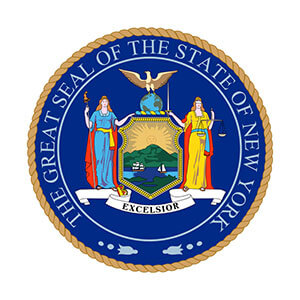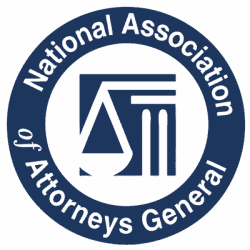Your nonprofit has been incorporated, and the work of the founders now turns to establishing a governance structure and the drafting of bylaws. Governance refers to the system (policies, practices, and processes) by which a board of directors oversees and governs a nonprofit organization. Bylaws are a foundational governance document, providing the rules of the road for many of the essential functions of the board, such as electing directors, appointing officers, holding meetings, and taking actions.
Why do we need bylaws?
Bylaws are important for many reasons, legal and practical. Each state has specific corporate laws that regulate the actions taken by nonprofit boards. Bylaws distill those laws into a series of clear procedures for the board to follow, providing an operational framework and helping to ensure that the actions taken are legally compliant.
Who should draft our bylaws?
Ideally, drafting bylaws is a collaborative process between the board and an attorney with nonprofit expertise. Your organization’s governance practices will be dictated by the laws of the state in which your organization is incorporated, as well as federal tax laws applicable to exempt 501(c)(3) organizations.
Nonprofit corporate laws vary from state to state, some with more specific requirements than others. There are areas of the law that provide the board with significant flexibility in deciding how it chooses to operate, so certain sections of the bylaws can be customized to reflect the board’s preferences on governance procedures. An experienced attorney will know the corporate laws of the state in which your nonprofit is formed and be able to advise your board on its legal requirements, optional provisions, and best practices.
Copying another nonprofit’s bylaws or downloading a sample from the internet may seem like a good option, but it can be costly in the long run. If your bylaws are not compliant with the laws of the state in which your nonprofit is formed or are not tailored to your board’s needs and preferences, you may face trouble down the road. In a worst-case scenario, the actions of a board can be challenged by regulators or in court if the board has not been following its bylaws or its bylaws are not legally compliant.
What should our bylaws cover?
Typical provisions in nonprofit bylaws include –
- Size of the board – minimum (and maximum, if any) number of directors
- Procedures for the election, resignation, and removal of directors.
- Directors’ term lengths and term limits (if any).
- Notice requirements for regular meetings and special meetings of the board.
- Quorum requirements (the minimum number of directors that must be present at a meeting in order to take action).
- Approval requirements for routine board actions and special approval requirements for major transactions.
- Procedures by which the board can take action without meeting.
- Procedures for forming and authorizing committees.
- Procedures for the election, resignation, and removal of officers.
- Officer titles and responsibilities.
- Indemnification of directors and officers.
- Procedures for amending the bylaws.
Can we change our bylaws?
Yes! Bylaws can, and often should, be amended to better match the organization’s practices and goals. The bylaws that worked for your nonprofit in its start-up phase frequently need to change as your organization grows and develops. Laws also change from time to time, so we recommend having an experienced attorney review your bylaws with your board every few years.
There’s a lot more we can say about governance and bylaws, but we’ll save that for future articles.
- Courtney Dartshttps://perlmanandperlman.com/author/courtneydarts/
- Courtney Dartshttps://perlmanandperlman.com/author/courtneydarts/
- Courtney Dartshttps://perlmanandperlman.com/author/courtneydarts/
















